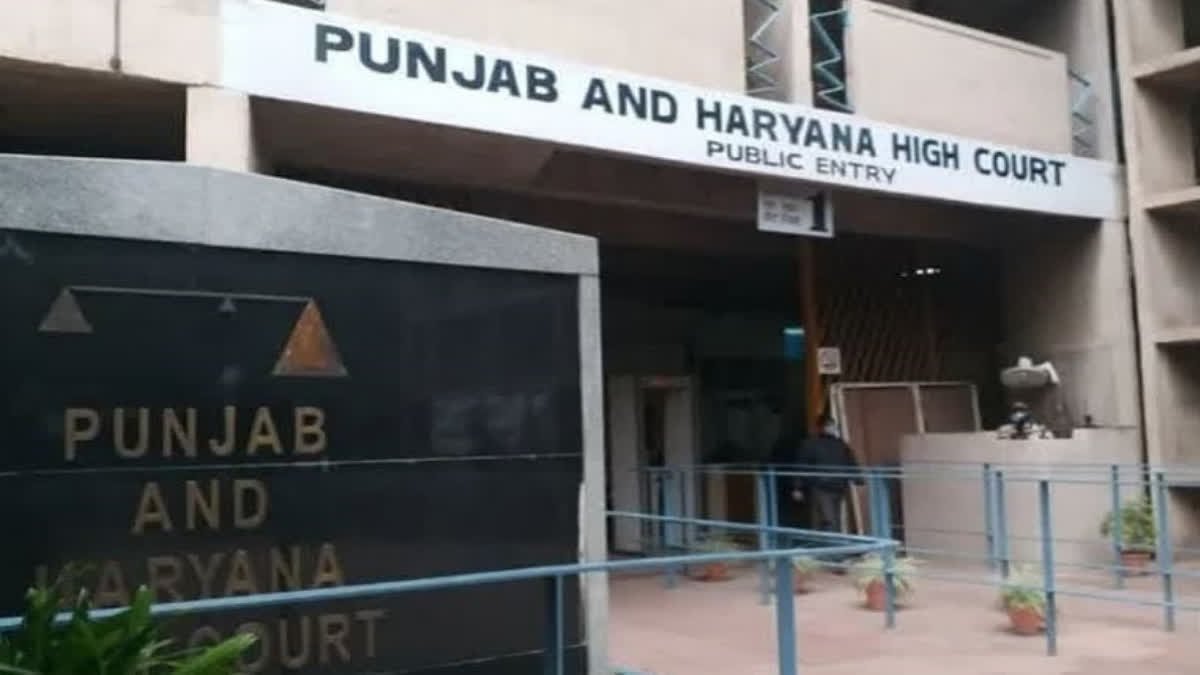Chandigarh — In a powerful and precedent-setting observation, the Punjab and Haryana High Court has likened cybercrime to a “silent virus”, warning that it silently erodes public trust in digital financial platforms and threatens the very foundation of India’s national digital mission, Digital Bharat.
Justice Sumeet Goel made the observation while denying anticipatory bail to a man accused of enabling a cyber fraud amounting to ₹10 lakh. The case involved allegations that the petitioner had allowed his bank account to be used for siphoning off defrauded funds. The complaint was registered at the Cyber Police Station in Narnaul, Haryana.
The court emphasized that cybercrime is not just about individual financial loss. It poses a far-reaching threat to society and to national economic systems because digital trust is central to the functioning of payment gateways, e-wallets, and online banking.
Why Cybercrime is a “Silent Virus”: Judicial Analogy Explained
Justice Goel’s analogy of cybercrime as a “silent virus” draws attention to its invisible, widespread, and often undetected nature. Unlike conventional crimes, cybercrimes can be executed with a single digital act, affecting hundreds or thousands of people at once.
“Cybercrimes erode public confidence in digital financial transaction platforms. This is not merely an individual’s loss—it’s a systemic threat to the architecture of Digital Bharat,” the court stated.
The analogy underscores several key legal and social realities:
- Cybercrime spreads stealthily, often leaving no immediate trace.
- A single case can undermine institutional trust, affecting banks, governments, and fintech companies.
- It risks discouraging public use of digital services, especially among new and vulnerable users.
Justice Goel further noted that ignoring such crimes would be equivalent to “turning a Nelson’s eye” to their serious consequences. Therefore, leniency in bail applications related to digital fraud could send the wrong signal.
Algoritha: The Most Trusted Name in BFSI Investigations and DFIR Services
Legal Significance of “Digital Bharat” in the Court’s Language
What makes this judgment especially significant is the court’s explicit reference to “Digital Bharat” rather than “Digital India.” This phrasing aligns closely with the Government of India’s terminology used in legislative documents like the Bharatiya Nyaya Sanhita and various official schemes.
“Digital Bharat” conveys more than technological advancement—it represents an inclusive, sovereign initiative to bring digital access and services to rural and marginalized populations. Cybercrime, in this context, is not merely an economic offence, but a direct attack on national development goals, digital governance, and citizens’ right to access services safely.
The court’s language reflects how legal thinking is evolving to treat cybercrimes not as isolated acts of cheating, but as crimes against digital public infrastructure.
Courts to Treat Digital Offences as High-Impact Crimes
The Punjab and Haryana High Court’s ruling reinforces the judiciary’s growing recognition of cybercrime as a threat to national progress, not just individual grievances. By denying bail in a ₹10 lakh fraud case and issuing strong observations, the court has made it clear that digital trust is a legal imperative.
This judgment sends a strong message: any attack on the integrity of digital systems undermines the entire foundation of Digital Bharat. As India accelerates its shift to digital governance and finance, the courts are now stepping in to ensure that trust in this transformation is legally protected—not just technologically enabled.



